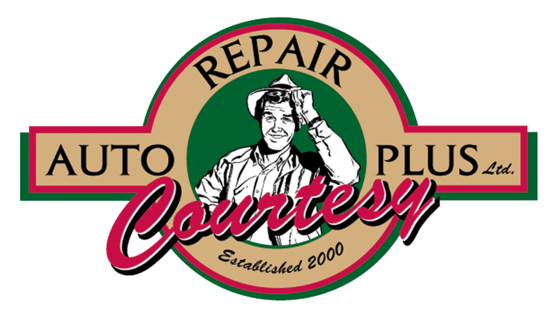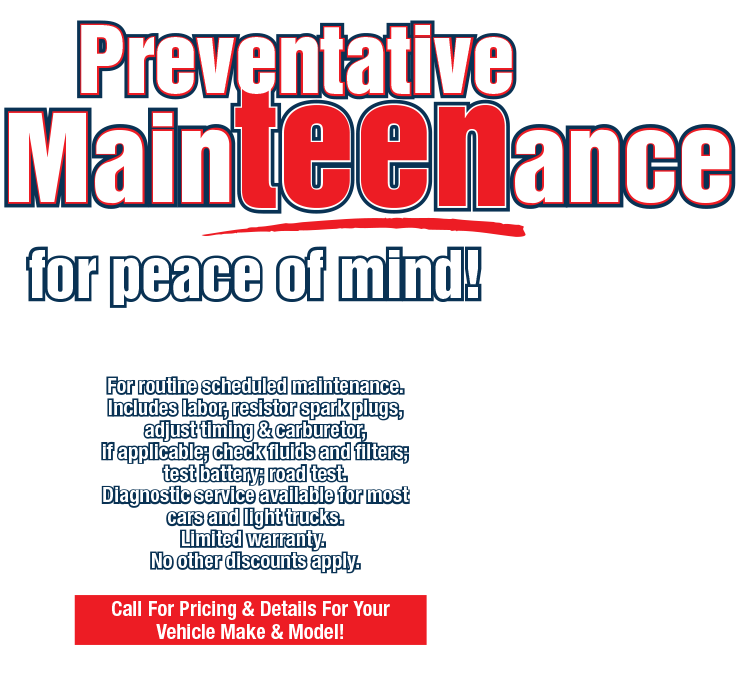Keep Your Cool in Tiffin
May 9, 2021
Tiffin drivers rely on their vehicle's coolant system to keep their engine cool. Coolant (also called antifreeze) mixed with water flows through your vehicle engine and absorbs heat. The mixture then flows out to the radiator where it's cooled by air flowing over the radiator. From there the coolant/water mix circulates back through the engine to absorb more heat.
There's a reason we mix coolant and water. Water alone actually does a good job transferring heat from the engine. The problem is that water boils at a temperature that's easily reached inside your vehicle's engine, so it can turn to steam which does not conduct heat as well and is harder to contain.
Also, if it's freezing outside in Tiffin, the water in your engine could freeze while your vehicle is sitting out in the Ohio cold.
So, if you remember your high school chemistry, you'll know that a mixture has both a higher boiling point and a lower freezing point than either component alone.
Coolant, or antifreeze, is specially formulated to keep your engine safe in a wide range of environmental and operating temperatures in and around Tiffin.
Whenever your vehicle is running, the coolant in the cooling system is working to keep your engine from overheating. When it's cold outside, the coolant acts as antifreeze to keep the fluid from freezing in your engine.
All that exploding fuel in your engine creates a lot of heat. Without coolant, the metal vehicle engine parts would expand so much that the engine would seize up and stop running. The parts could be broken or warp so badly they would have to be replaced. It could even be so bad that the whole vehicle's engine is ruined and has to be junked.
This is why it is critical that Tiffin drivers check coolant levels frequently and have their vehicle's cooling system inspected for leaks. Also your vehicle has a maintenance requirement for draining and replacing your coolant. These recommendations can vary widely, so check your owner's manual or ask us at Courtesy Auto Repair Plus in Tiffin.
The reason Tiffin drivers need to change the coolant is that it has additives in it to protect the cooling system. As you can imagine, with all the heat, the cooling system's a pretty harsh environment. The additives keep the fluid from becoming corrosive and damaging the radiator and other vehicle cooling system components. Over time, the additives are depleted and the coolant just has to be replaced.
Many Tiffin auto owners ask our advisors at Courtesy Auto Repair Plus why there are different colors of antifreeze. It is very important that you use the correct type of antifreeze. The different types of antifreeze – or coolant – are different colors so you don't mix them up.
They use different materials to make the cooling system, and they require different types of antifreeze to protect them.
So check with us at Courtesy Auto Repair Plus in Tiffin or your owner's manual for the right kind because using the wrong coolant can void the warranty for your vehicle cooling system.
Courtesy Auto Repair Plus
967 Bon Air Ave
Tiffin, Ohio 44883
419-443-0797
http://www.courtesyautorepairplus.com
More articles from Courtesy Auto Repair Plus

No Charge (Why Won?t My Battery Hold a Charge?)
February 15, 2026
When your vehicles battery is dead, it leaves you with that horrible, helpless feeling. A dead battery means it wont hold a charge, and there are several reasons it wont. One is age. Batteries have chemical and electrical systems in them that create power, and as time goes by, they wont work we... More

Reaching the Braking Point (Brake hose replacement)
February 8, 2026
If you notice your brakes arent working like they used to, thats the kind of thing thats important to have checked out soon. Thats because your brakes are extraordinarily important to the safe operation of your vehicle. Sometimes you feel like your brake pedal is feeling a little soft or its lo... More

No Fuel-ing! (Fuel Filter Replacement)
February 1, 2026
Your vehicle has a few filters you might be somewhat familiar with. Theres the oil filter that removes impurities from your engines oil, and a couple of different kinds of air filters that prevent contaminants from getting into the engine and the cabin. But you may not know that your vehicle als... More







